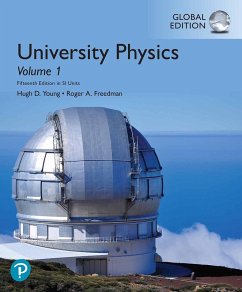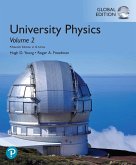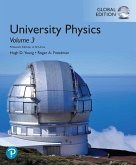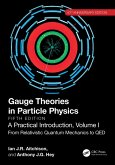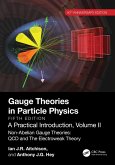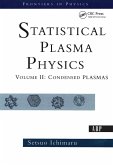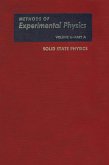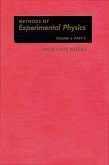For courses in calculus-based physics. Practice makes perfect. The 15th Edition of University Physics with Modern Physics draws on a wealth of data insights from hundreds of faculty and thousands of student users to address one of the biggest challenges for students in introductory physics courses: seeing patterns and making connections between problem types. Students learn to recognise when to use similar steps in solving the same problem type and develop an understanding for problem solving approaches, rather than simply plugging in an equation. This edition addresses students' tendency to focus on the objects, situations, numbers, and questions posed in a problem, rather than recognising the underlying principle or the problem's type. New Key Concept statements at the end of worked examples address this challenge by identifying the main idea used in the solution to help students recognise the underlying concepts and strategy for the given problem. New Key Example Variation Problems appear within new Guided Practice sections and group problems by type to give students practice recognising when problems can be solved in a similar way, regardless of wording or numbers. These scaffolded problem sets help students see patterns, make connections between problems, and build confidence for tackling different problem types when exam time comes.
The full text downloaded to your computer
With eBooks you can:
eBooks are downloaded to your computer and accessible either offline through the Bookshelf (available as a free download), available online and also via the iPad and Android apps.
Upon purchase, you'll gain instant access to this eBook.
Time limit
The eBooks products do not have an expiry date. You will continue to access your digital ebook products whilst you have your Bookshelf installed.
The full text downloaded to your computer
With eBooks you can:
- search for key concepts, words and phrases
- make highlights and notes as you study
- share your notes with friends
eBooks are downloaded to your computer and accessible either offline through the Bookshelf (available as a free download), available online and also via the iPad and Android apps.
Upon purchase, you'll gain instant access to this eBook.
Time limit
The eBooks products do not have an expiry date. You will continue to access your digital ebook products whilst you have your Bookshelf installed.
Dieser Download kann aus rechtlichen Gründen nur mit Rechnungsadresse in A, B, BG, CY, CZ, D, DK, EW, E, FIN, F, GR, HR, H, IRL, I, LT, L, LR, M, NL, PL, P, R, S, SLO, SK ausgeliefert werden.

